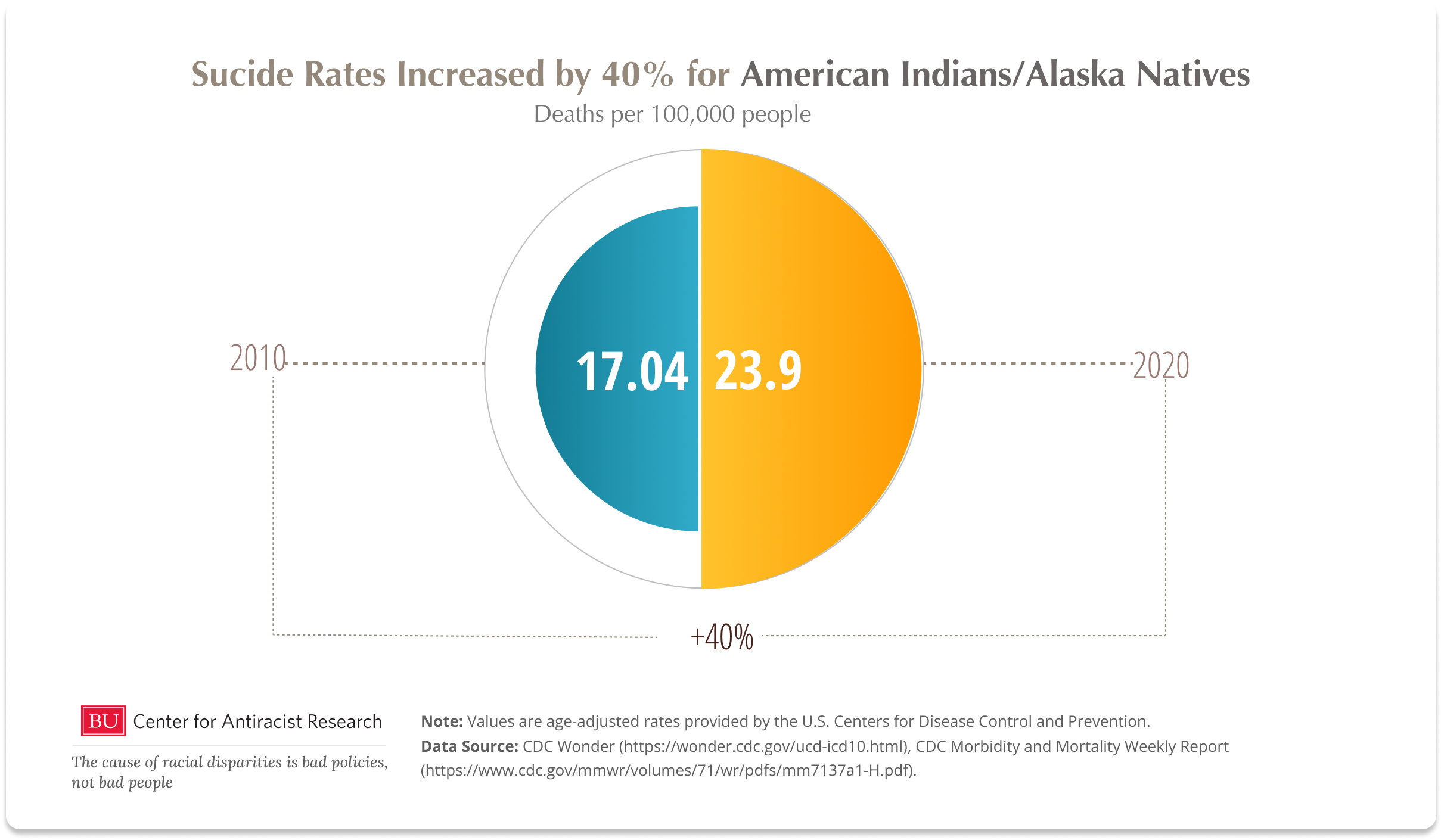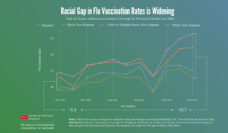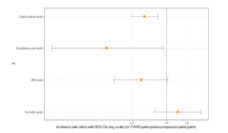In 2019, suicide was the second leading cause of death for Indigenous people in the U.S. between the ages of 10 and 34. This trend continued in 2020 with American Indian and Alaska Native people having the highest suicide rates of all ethnic and racial groups. As shown in the figure, 23.9 Indigenous people per 100,000 died from suicide compared to 16.9 per 100,000 for Whites and 13.5 per 100,000 people for the entire U.S. population. In fact, suicide rates among Indigenous populations increased by 40% between 2010 and 2020. That’s a staggering surge.
The present day health of Indigenous people in North America has been shaped by a history of colonization, racism, and discrimination. The health of Indigenous people continues to be impacted by adverse policies and, social and economic conditions including, poverty, lack of health insurance, and education disparities. Compared to other Americans, American Indian and Alaska Native populations consistently have poorer health outcomes. These disparities across health indicators are stark and unacceptable. More effective public health efforts that include and prioritize the needs, perspectives, and knowledge of Indigenous people are needed to address the historical and contemporary factors that continue to shape health in Indigenous communities. Researchers, practitioners, and advocates also recommend increased funding and access to quality mental health resources.
To address the health needs in their communities, Indigenous people are creating holistic interventions that incorporate and support cultural beliefs, values, and empowerment. For example, Tribal Wellness Courts serve as alternatives to incarceration, mostly for people facing drug and alcohol related charges. The wellness courts focus on rehabilitation and integration into the community by providing mental health and social support rather than punishment. Another example is WeRNative – “a comprehensive health resource for Native youth, by Native youth,” which includes resources that promote mental health and suicide prevention.
Databyte via the Center for Antiracist Research
Public Health Post is collaborating with researchers at the Center for Antiracist Research Racial Data Tracker to produce a series of articles focused on structural racism and health. This is the second article in the series.
The goal of the Racial Data Tracker is to collect, analyze, and publicly share data on racial inequities and disparities with communities and individuals interested in using racial data for research, advocacy, education and policy. The data will be available through downloadable data tables, infographics, and interactive visualizations. The project will publicly launch in the Spring of 2023.















